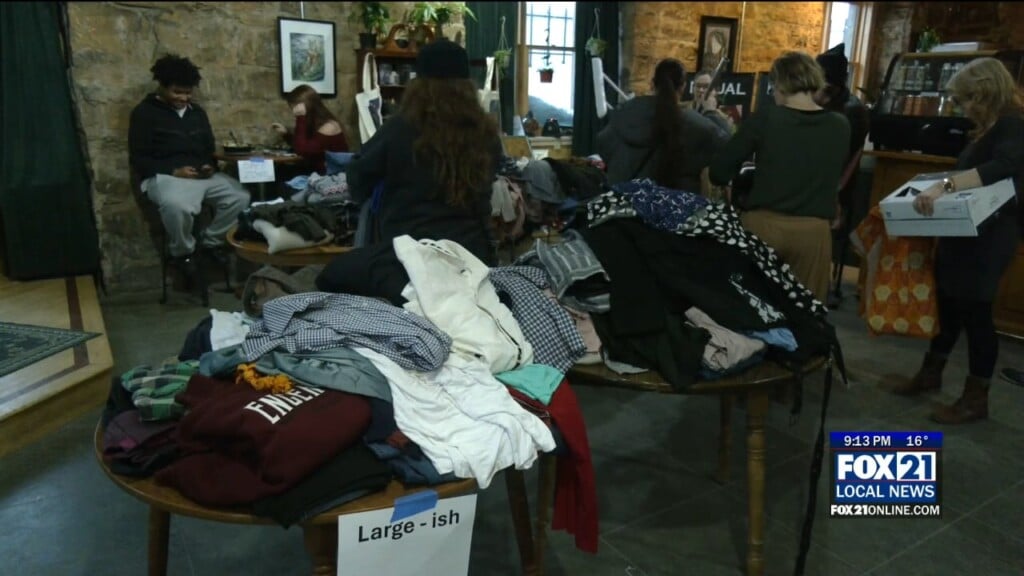Distance Learning Brings Up Mental Health Concerns for Students
With distance learning being implemented at schools throughout the Northland, district leaders say some students are struggling to catch up while also dealing with the stresses of a new way of learning.
NORTHLAND – With distance learning being implemented at schools throughout the Northland, district leaders say some students are struggling to catch up while also dealing with the stresses of a new way of learning.
With distance learning comes new battles for students on how to pay attention to lessons on the web while also dealing with the stress of a new form of education.
At Duluth schools, a survey was given to students, parents, and teachers concerning how students learning experience has been over the last two months.
25% of students rated it as good or great, 40% said challenging and getting better, while the rest said it was very difficult.
“I want to make sure that that learning is really engaging and I think it comes down to relationships,” said John Magas, the superintendent of Duluth schools. “What kind of relationships are we able to foster with our students through this difficult environment.”
At Duluth schools, leaders have invested in teacher training as well as in technology to help students have a smoother time while learning online.
“There are going to be gaps in learning, there are going to be gaps in support that we need to make sure that we’re providing intervention, that we’re providing support,” said Magas. “And we have to think about what does the rest of the year look like, and what does summer look like, what does next fall look like.”
Over at Proctor schools, Superintendent John Engelking says they are doing their best to make sure students stay ahead of the curve but that process has been difficult.
“Those thoughts and ideas of how we get kids back to grade-level that have fallen behind is something that we’re thinking about all the time,” said Engelking.
Engelking added he’s concerned about what the future holds as it’s difficult during these times to make sure kids don’t fall through the cracks.
“How about next year?” he said. “What’s going to happen with mathematics at the high school? And middle school? Are they going to be able to go to the next algebra 2, calculus, are they going to be able to do that.”
And with all these changes, students are certainly dealing with higher levels of stress. Despite all that, one mental health expert says there is a benefit to these times as the conversation about mental health is more prevalent.
“There is a silver lining,” said Brenda Carlson, the children’s mental health supervisor at Carlton County. “We are talking about resiliency more. We are talking about mental health as well as keeping ourselves physically safe. What we can do to cope with this.”
If patterns of discomfort or changes in personality occur, Carlson says you should have a conversation with your child about his or her experience.
“I think if it’s a change in personality for over two weeks if they seem to continue to have headaches or backaches, stomachaches that doesn’t seem to be subsiding after a few weeks that would be the time that I would feel would be important to talk to them about stress,” said Carlson.
Mental health specialists say it’s important to make sure kids go outside and play and to encourage them to talk about their feelings during these difficult times.





